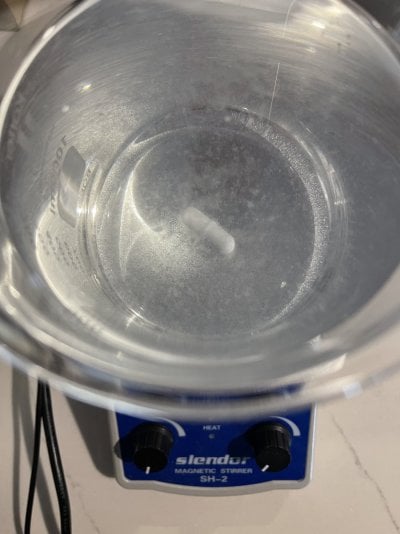Yes here are the cobalt and zinc links:
Amazon product

Amazon product
According to their MSDS for this catalog # (GRM7628), this is the anhydrous form and not a hydrate. This is the form that functions as a Lewis Acid.

@Randy Holmes-Farley Here's the 2 components I chose.























